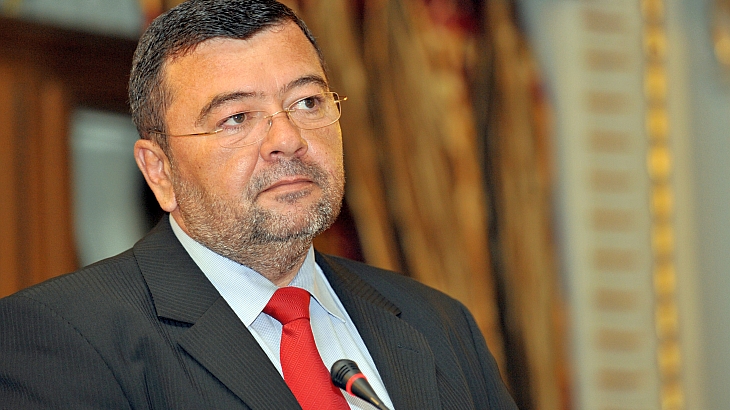###author###
The Rompetrol Memorandum’s application stagnates because of the fear of the negotiation committee members to attend its meetings, but it may be continued by the government, says Gabriel Dumitraşcu, former chief of state privatization office OPSPI, in an interview for Energynomics.ro.
“I did not quit because of the Rompetrol Memorandum “ ,says Dumitraşcu, following local media articles that were suggesting this hypothesis. “I hope to come back, especially for Hidroelectrica, a project dear to me. I believe I have done my duty with respect to the Romanian state and the national interest,” said Dumitraşcu, accusing some “pressures that would have had determined people from the team to suffer “ responsible for his resignation. “I did not resign for the sake of it. Or, I did not resign freely consenting”, also said Dumitraşcu.
Why is the Rompetrol Memorandum delayed
About one year passed in January 2015 from the approval by Government Decision of the Memorandum between the Romanian state and Rompetrol, originally signed in February 2013. The application of the act in question is delayed for almost a year since it is way too hot for those involved in negotiation, mostly politicians and government officials.
“I don’t know the government’s current position, but once the Memorandum was approved by Government Decision, I suspect that it will go all the way”, says Dumitraşcu.
“The project is blocked because, on the stir made, many members of the negotiating committee were scared and have never wanted to attend the meetings … because everyone threatens with the DNA (e.n. National Anti-Corruption Prosecutor’s Office) … Commission met, from last spring and so far, only with members of the Department of Energy, without those of other entities,” says the former head of OPSPI.
Dumitraşcu also explained that OPSPI did nothing else than to better manage the state-owned assets, talks with KazMunayGaz, the Rompetrol shareholder, originally being held at another level.
The parties to the Memorandum were then in dispute, and while the state wanted to recover debts, KazMunay invested over 1.2 billion dollars in loans granted to Romanian company and additionally invested in working capital about 200 million dollars. The uprising of the conflict between the parties raised the question of insolvency, with Petromidia refinery under threat of being closed, while Rompetrol brought over 1 billion dollars annually to the state budget from taxes and the refinery made all of the 7,000 employees of the holding dependent on its fate.
In addition, there was an investment program for improving refinery’s efficiency, increasing its capacity from 4.5 to about 5.5 million barrels annually, the much needed critical mass necessary to operate in black, and an investment that was currently achieved, the explained Dumitraşcu.
“Based on that, my task was to end any litigation and assure a long-term partnership with the state.”
In January 2013, the market capitalization value of 26% of Rompetrol was of about 125 million dollars, while the state could receive 200 million dollars, according to the Memorandum. In addition, the creation of a 1 billion dollars investment fund was ensuring the state, for free, in the long-term, 20% of the shares without any contribution.
Rompetrol representatives and the Ministry of Energy did not provide any comments until the publication of this article. Representatives of the Ministry of Energy and SMEs have indicated, however, that will provide an answer as soon as possible to energynomics.ro questions.

